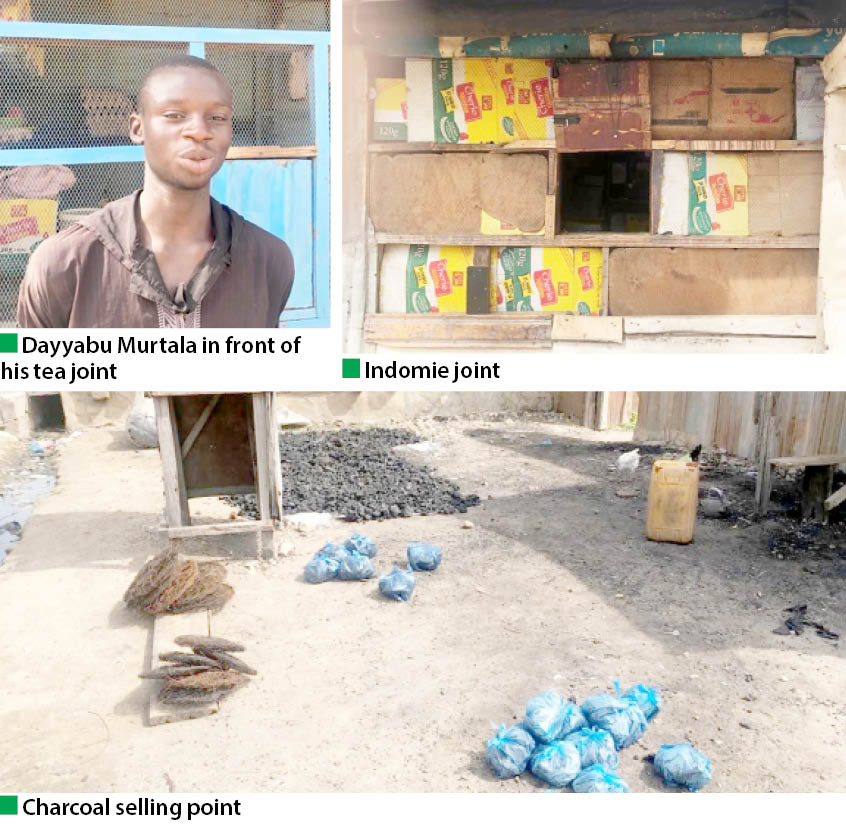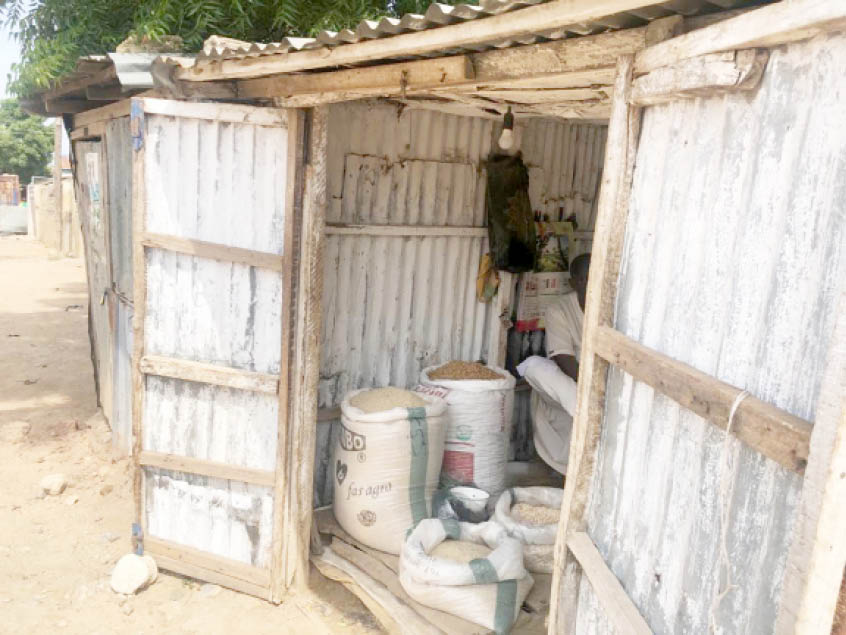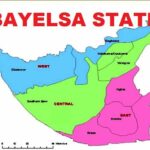Small and Medium-scale Enterprises (SMEs) and petty production firms in Kano State are currently facing challenges that have phased many of them and will likely phase more out of business.
Many of those still in operation are lamenting that the daily struggle has been bordering on running costs, hike in the prices of commodities and raw materials, as well as intense debt collection by the majority of their customers.
Daily Trust on Sunday observed that the majority of the businesses are located within residential areas and some parts of the major markets in the state. Similarly, businesses operating in villages are also facing similar challenges, and even beyond, as farmers have now invested in their farms and are yet to harvest.
Some of the businesses affected include restaurants, tea and noodles joints, provision stores, food vendors and bakeries.
Zulum gifts Borno NYSC members N36m, 100 bags of rice
Cross River APC demands return of nat’l women leader position
Others are retail sellers at major markets and those selling on trucks and by the roadsides, while small production companies like bakeries, sachet water producers, snacks and liquid soap producers are also facing similar challenges.
Similarly, women who are into petty businesses in their homes have also cried out as the hardship has swept away their little capital, leaving them redundant at home.
A Professor of economics, Murtala Sabo Sagagi, in a recent paper presentation at a conference on SMEs at the Bayero University Kano (BUK), said the majority of the revenue generation, especially at state level, was contributed by SMEs, noting that they contributed to the economy of the nation more than any other sector.
Prof. Sagadi said, “Micro enterprises that are operating and employing one or two to three people, especially in the rural areas, are the ones contributing to the economy of the country. They are the ones that are creating jobs for people.”

Speaking to Daily Trust on Sunday, majority of the small business owners said that although they were yet to recover from the previous hardships of the past administration, including the COVID-19 lockdown and the cash crunch earlier in the year, their situation worsened with the removal of fuel subsidy and the recent closure of the Nigeria-Nigerien border.
A restaurant owner on the popular Zoo Road in Kano metropolis, Hajiya Rahama Usman, said although she hadn’t closed her restaurant like many of her colleagues, her current operational level was making her worried, hinting that she might not be able to pay next year’s rent.
She said presently she and a few others had resorted to cooking only rice and stew, unlike some months ago when they used to have over seven different dishes.
She further said, “Before, we used to have rice, Indomie, spaghetti, Semovita, masa, wheat and other dishes like jollof and fried rice. But now things have changed for us. We can only cook two measures of rice, jollof and white. This is because the customers are not coming. The majority of them now are buying other foods that don’t need to be cooked.
“I used to have seven staff here, but now there are only two. I cannot afford to pay them. Things are going higher every day. What you buy today will add almost 10 per cent tomorrow.”
A tea joint operator who sells noodles, bread and tea, Dayyabu Murtala, said the turn of events had eaten up his capital and that he depended on bakeries that brought bread for him, after which he would pay them the following day.
He said, “My capital has gone. People are just coming to buy, but they will not pay. It is surprising that people who were paying regularly now owe me. 70 per cent of my capital is with people. My debt book is almost full.
“What I am doing presently is, I collect bread from two different bakeries every day. For the noodles and other ingredients, I am collecting from a provision store. I pay for them after I sell them. But still, most people are not paying.”
Murtala further said that if the situation persisted he would close the place and go back to the market where he used to work as a porter.
Another tea seller in the Kurna area of Ungogo LGA, Anwar Lawan, said he had reduced his working hours and also cut down the number of his bread suppliers.
He said, “Before, I used to have eight bread distributors bringing their products to me every day, but now I only have three. Things are hard, people are coming to buy but they don’t have money.”
A baker said that now he had adopted a new system of operation as he could not afford to operate on a daily basis.
He said, “Nowadays we only work three times a week. If not, we cannot survive. We don’t have enough capital to work all week round. Our staff strength has also reduced by nearly 70 per cent. Some are working on a shift basis.
“As we collect the flour, sugar and other ingredients and pay the owners after production, the same way the tea sellers collect from us and pay after they sell.”
On the side of provision store owners, Adamu Muhammad Umar, who owns a kiosk, said his sales had reduced drastically and that people were not coming as in the past few months.
He lamented that his shop had been reducing for a long time as the price of local rice rose from N1,400 in the last two months to N2,400.
He further said, “One of my customers said that for seven days, they hadn’t cooked in his house. This is the situation in many of the households. People are battling with their businesses to survive. Like me now, I am always taking from my capital, likewise people like me. If this continues the capital will go and we will all collapse.”
Malam Muhammad Manda, who sells charcoal in a residential area in Kano, told Daily Trust that because people were no longer cooking three times in a day, his sales reduced from selling over 20 sacks in a week to struggling to sell up to three sacks.
Only access to loans will rescue SMEs – Don
Speaking on why SMEs in the North are not withstanding the test of time and the hardship in the country, Prof. Sagagi said only access to finance and bank loans would rescue the sector as people no longer had enough to feed themselves and invest more in their businesses.
Speaking at a one-day conference organised by SDP Nigeria Limited, the Development Bank of Nigeria (DBN) and the Kano Concerned Citizens Initiative, Sagagi said only five per cent of SMEs in the country were accessing loans and finances, noting that without creating awareness and sensitisation, the sector would keep declining.
He further said that the failure of the SMEs to obtain requirements that would grant them the opportunities to access loans was one of the reasons for their setback.
He said, “95 per cent of the SMEs are not accessing the finance which means either there are some problems in the modeling or there is a problem with the SMEs’ readiness to access the loans.
“Some of the problems that led to the failures are that banks generally are not interested in lending to SMEs; this has to be addressed. Secondly, for the system to move smoothly, SMEs have to be considered as development issues and activities in the country.
“Also, there should be a strong awareness campaign among the SMEs so that they will rise and make demands from the banks. The banks are not interested in SMEs, they are more interested in contractors and larger entities.”

 Join Daily Trust WhatsApp Community For Quick Access To News and Happenings Around You.
Join Daily Trust WhatsApp Community For Quick Access To News and Happenings Around You.


